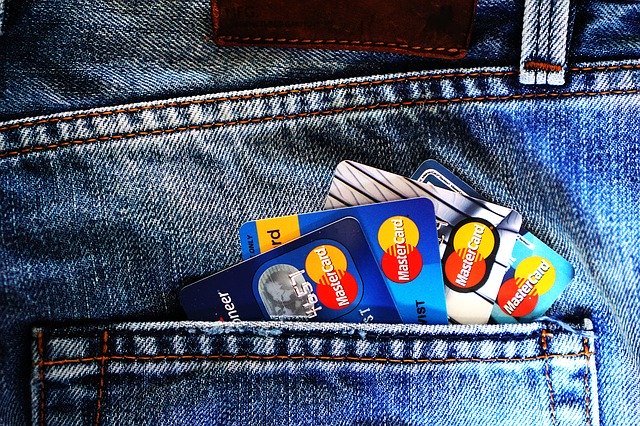5 Things You Can Do to Avoid Credit Card Fraud

Imagine you woke up one morning with great hopes for the day only to discover that your bank account was emptied at night. Or you wake to an email alert from your credit card company notifying you of a list of charges you did not make.
Credit card theft is real!
And it’s not just real, but one of the fastest-growing crimes in America.
According to the Federal Trade Commission (FTC), credit card theft was the most frequent type of fraud in 2020. The total loss due to credit card theft? A whopping $149 million.
While no one is immune from credit card fraud, there are steps you can take to ward off fraud and spot potential unauthorized use of your cards early. Here are some actions you can take to prevent credit card fraud.
Keep Your Credit Cards Safe
It might seem obvious, but the best thing you can do to prevent credit card fraud is to keep your cards safe from thieves.
Keep your credit card in a wallet or purse where you can’t easily lose it. Also, when you’re going shopping, carry only the credit card or debit card you plan on using. Leave the rest at home for safekeeping.
Note that identity thieves can take photos of your cards with a phone or camera to steal your credit card’s information. So, don’t keep your cards exposed longer than they need be.
Report Lost or Stolen Cards Immediately
Time is critical when it comes to reporting credit card theft.
Acting fast limits your liability for charges you didn’t authorize. According to the FTC, you cannot be held liable for charges that occur after you’ve reported your card.
Reporting stolen cards immediately can also help safeguard your credit card information before it falls into the wrong hands. For quicker reporting, make sure you have your credit card company’s customer service number on your phone or wallet at all times.
Enroll in Fraud Protection Monitoring
The best way to know whether a scammer has opened an account in your name is to check your credit card reports for suspicious activity regularly.
You can manually monitor your accounts once a year or every three months as you’re entitled to one free credit card report from the three major credit bureaus. But for best results, consider enrolling in a credit monitoring company. For example, many companies use software to prevent CNP fraud.
The thing about fraud protection services is that they ensure constant vigilance throughout the year. Instead of checking your accounts for fraudulent activities once a year or every few months, they check for account activities daily (read more here).
If a change in your credit file is detected—a substantial score change, a new account opened, etc.—you’ll receive an alert. You can then take swift action and limit the damage before the fraudster wreaks havoc on your accounts.
Source: Pixabay.com
Shred Anything with Your Credit Card Details on It
If you’re disposing of any documents that contain sensitive information, like credit card details, make sure you shred them before tossing them into the bin. That said, investing in a home shredder can be a great idea.
Some documents you should consider giving the Freddy Krueger treatment include:
- Credit card statements
- Bank statements
- Expired passports and IDs
- Centrelink statements
- Old tax returns
Shredding these documents helps to keep dumpster divers from accessing your credit card numbers and other personal info that can be used to create a synthetic identity.
Be on the Lookout for Credit Card Skimmers
Fraudsters sometimes place a credit card skimmer (a small device used for stealing card information) onto the credit card readers at ATMs and gas stations.
These devices collect credit card data when a card is inserted. Credit card thieves then use this information to clone your credit card. To check for skimmers, always ensure the slot you’re inserting your card is flush with the machine.
Also, look for signs of tampering whenever you’re paying for gas at the pump. If anything about the pump looks off, go elsewhere or pay in cash.
We hope this info will help you safeguard your credit cards and avoid credit card fraud. Feel free to comment and share.

